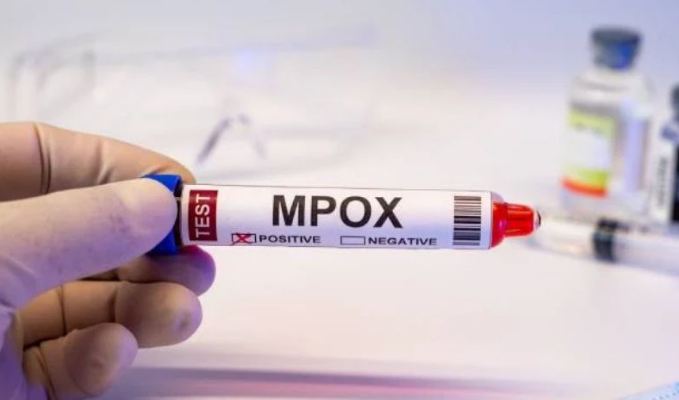47-year-old man from AJK is under observation at PIMS for suspected monkeypox symptoms
Mehtab Pirzada
ISLAMABAD: A suspected case of monkeypox (mpox) has been reported at Islamabad’s Pakistan Institute of Medical Sciences (PIMS) Hospital, officials said on Monday.
The patient, identified as a 47-year-old resident of Azad Jammu and Kashmir (AJK), recently returned to Pakistan from Jeddah, Saudi Arabia.
According to Dr Nasim Akhtar, the hospital’s focal person, the man exhibited symptoms consistent with monkeypox and has been placed in a special ward designated for such cases at PIMS.
Prior to the latest suspected case, Pakistan had reported three confirmed monkeypox infections with another suspected case pending confirmation. Meanwhile, the first monkeypox patient in Khyber-Pakhtunkhwa has gone missing from his home in Mardan.
According to sources, the individual, who had returned from Saudi Arabia, was diagnosed with monkeypox.
The health department reported that the diagnosis was made in Peshawar. However, when a medical team visited the patient’s residence to provide guidelines, the house was found locked.
Further inquiry with the District Health Officer (DHO) of the patient’s native area in Dir revealed that the patient was not present there either.
Global health officials on Thursday confirmed an infection with a new strain of the mpox virus in Sweden and linked it to a growing outbreak in Africa, the first sign of its spread outside the continent.
The WHO on Wednesday sounded its highest level of alert over the outbreak in Africa after cases in the Democratic Republic of Congo spread to nearby countries.
There have been 27,000 cases and more than 1,100 deaths, mainly among children, in Congo since the current outbreak began in January 2023.
The disease, caused by the monkeypox virus, leads to flu-like symptoms and pus-filled lesions. It is usually mild but can kill, with children, pregnant women and people with weakened immune systems, such as those with HIV, all at higher risk of complications.

















